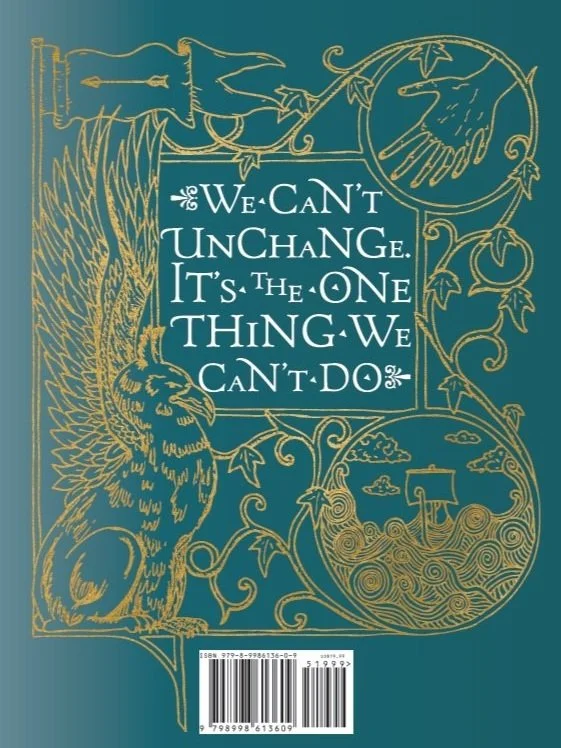Who is the target audience of Wick and Arrow?
The most frequent question I’m getting as Wick and Arrow becomes available for preorder is, “Who is it for?” Is it for children? Teens? Adults? What is its vibe? What is its message? What if I don’t like fantasy?
When I think about who might most enjoy this folkloric fantasy novel, here’s the first thing that comes to my mind:
It is a book for anyone with a deep longing. Either a longing for someone or something that you have lost, or a deeper, intangible longing for something you’ve never known, a sense that your life—the story of what it means to be human—was meant to hold something more.
Wick and Arrow’s relationship is characterized by this longing. Once they lose each other, they long to find each other again, or if they can’t, to find in someone else the experience of being fully known by another. But even in the cage, all their daydreams and games are filled with longing: to be free of the giants, to have a family, to belong somewhere, to learn how to be human, whatever that means. One could even say that this longing is what “takes away the space between them.”
If you read this and say, nah, I can’t relate to that; my life is just fine as it is, this book is probably not for you.
What ages is it for?
I intended this book for an adult audience. However, since it is a coming of age story, it may be particularly enjoyed by young adults age 15-40. The book includes treatment of sexual topics, although it contains no explicit content. Though written in a “fairy tale” style, I would compare book’s the maturity level to C.S. Lewis’s Till We Have Faces or even the fairy tales of Oscar Wilde, which Wilde himself admitted were for adults. At the same time, the book attempts to ask philosophical questions with a childlike simplicity and straightforwardness. I was inspired by Madeleine L’Engle’s quote, “If a book will be too difficult for grownups, then you write it for children.” Essentially, Wick and Arrow is a fairy tale for childlike adults whose sense of reality is not blunted by their own sophistication.
What is a folkloric fantasy?
I use the term folkloric fantasy in contrast to epic fantasy. Whereas the Tolkienian epic and its descendants are characterized by detailed socio-historical worldbuilding, apocalyptic battles, and political intrigue, the fantastical style that preceded this genre made no attempt to concretize or rationalize the world of Faerie. In the tales of Hans Christian Andersen, for example, real European countries are found on the same map as magical ones. Oscar Wilde puts mermaids and Catholic priests in the same story as if this combination is so obvious it requires no explanation. Wick and Arrow emulates this loose, character-driven folkloric style. Readers who love “hard magic systems” and complex political power struggles will find none of that in this book. But readers who, when they say “I don’t really like fantasy”, mean epic fantasy, may actually enjoy this one.

